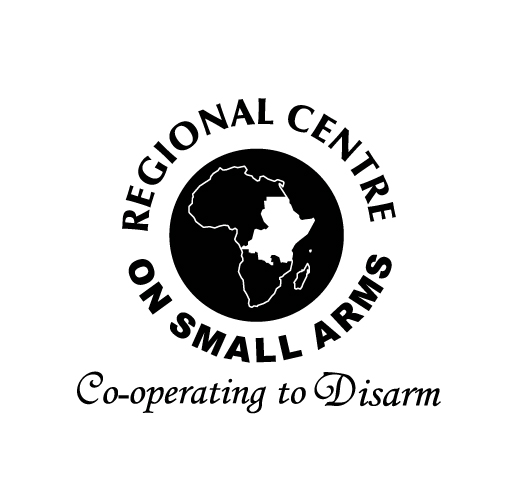The proliferation of illicit small arms and light weapons presents a direct threat to the development of the RECSA region and the African Continent at large. The easy availability of SALW continues to escalate armed conflict, sustain poaching, cattle rustling, abet terrorism and other serious crimes.
It is within this framework that RECSA’s work in the previous strategic period (2009-2014) put strong emphasis on institutional development, the promotion and facilitation of effective management of SALW and enhancing the generation and provision of information.
The timing of RECSA Strategic Plan 2016-2020 is an opportune moment as SALW control gains momentum especially with its inclusion in the Sustainable Development Goals (SDGs). The preparation of this Plan has therefore, benefitted a great deal from reflections and consideration of lessons learned from the previous strategy. The placement of SALW as not only a security issue but also a development concern is a very conscious move.
Interventions of this plan are based on 4 strategic pillars: i) Institutional development and strengthening; ii) Supporting member states in physical security and stockpile management for a safe environment towards sustainable development; iii) Adaptive research, public education and awareness and iv) Mainstreaming Monitoring & Evaluation and Special Interest Groups in all RECSA SALW Interventions.
The choice of the strategic orientation is based on the need to build capacity at national level to effectively implement SALW intervention and thus building member states resilience. The implementation of this plan calls for the establishment of strong institutional frameworks capable of effectively moving SALW management and control agenda at member states and regional levels. I therefore commend our member states that have established National Commissions responsible for SALW control and urge others to do so and support the institutions with qualified skills and programs budget.
I would like to thank all our development partners for their continued support to the fight against the proliferation of SALW. My appreciation goes especially to the African Development Bank for supporting the development of this Plan. We believe it has struck the right balance in maintaining what we do well and responding to future requirements and opportunities.
I commend all RECSA staff for their continued efforts, dedication, and commitment to the work of the Secretariat of coordinating the implementation of Nairobi Protocol and hope that they will keep the same engagement during the implementation of this Strategic Plan.

